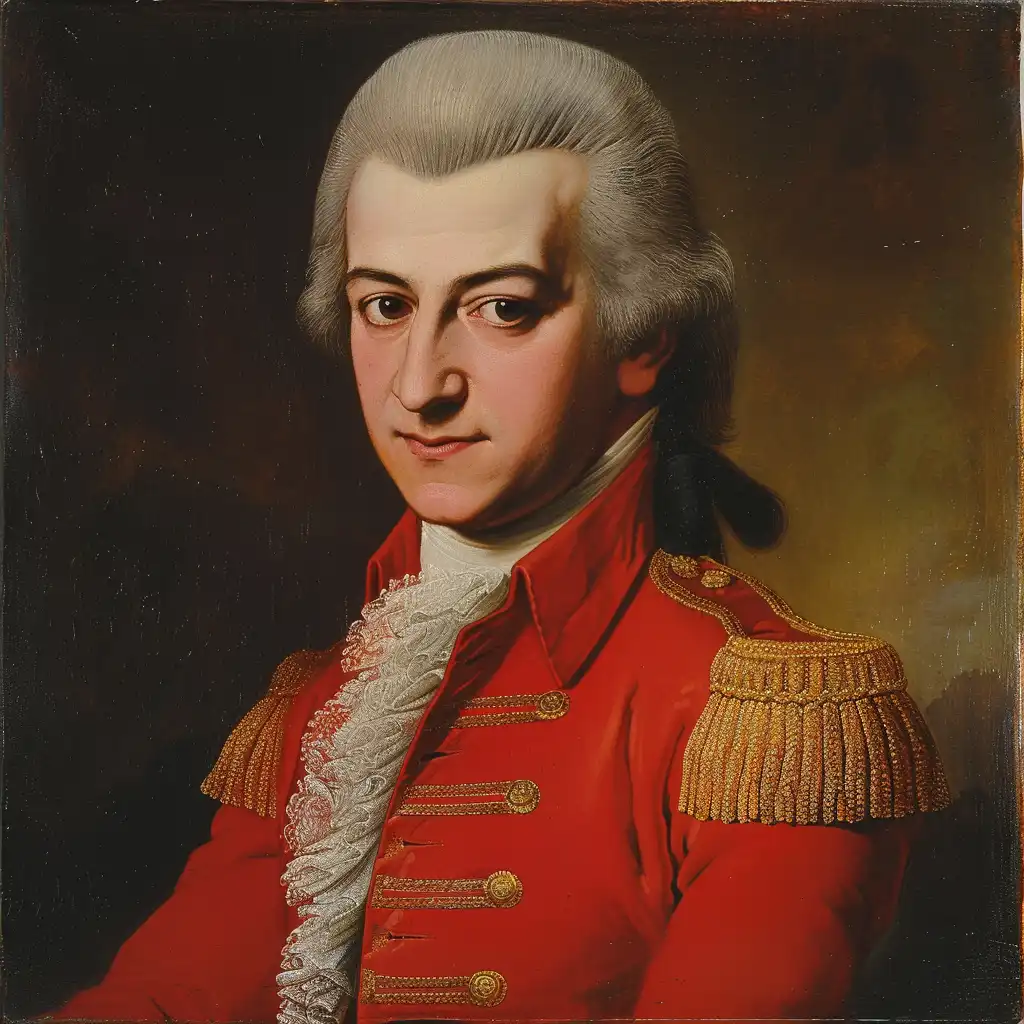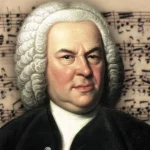Wolfgang Amadeus Mozart (1756–1791) is widely regarded as one of the most influential and celebrated composers in the history of Western classical music. Born in Salzburg, Austria, Mozart was a prodigy who demonstrated extraordinary musical talent from an early age. His contributions to music include over 600 works spanning various genres, including symphonies, operas, chamber music, piano concertos, and sacred music.
Early Life and Musical Genius
Mozart was born on January 27, 1756, to Leopold and Anna Maria Mozart. His father, Leopold, was a respected composer and violinist, who recognized his son’s exceptional talent early on. By the age of three, Mozart was already playing the keyboard, and by five, he was composing his first pieces of music. His older sister, Maria Anna (“Nannerl”), was also musically gifted, and the two often performed together during their childhood.
Leopold took young Mozart and Nannerl on extensive tours across Europe to showcase their talents to royal courts and noble patrons. These travels not only brought Mozart fame but also exposed him to diverse musical styles and influential composers of the time.
Compositional Achievements
Mozart’s works are characterized by their melodic beauty, structural clarity, and emotional depth. He mastered and expanded nearly every musical genre of his time. Some of his most notable contributions include:
- Symphonies:
His symphonies, such as Symphony No. 40 in G minor and Symphony No. 41 in C major (“Jupiter”), remain cornerstones of orchestral repertoire. - Operas:
Mozart revolutionized opera by blending dramatic expression with musical complexity. Masterpieces like The Magic Flute, Don Giovanni, and The Marriage of Figaro continue to captivate audiences. - Concertos:
His piano concertos, especially Piano Concerto No. 21 in C major and Piano Concerto No. 23 in A major, showcase his skill as both a composer and a pianist. - Chamber Music:
Works like Eine kleine Nachtmusik (A Little Night Music) exemplify Mozart’s ability to write music that is both accessible and sophisticated. - Sacred Music:
His Requiem in D minor, left incomplete at the time of his death, is one of the most profound and enduring works of sacred music.
Personal Life and Challenges
Despite his immense talent and fame, Mozart faced significant personal and financial challenges. His independent spirit often led to conflicts with patrons, and he struggled to secure stable employment. In 1782, he married Constanze Weber, with whom he had six children, though only two survived to adulthood.
Mozart lived during a time of significant social and political change, which influenced his music and career. His compositions reflect not only the elegance of the Classical era but also a deep emotional resonance that foreshadowed the Romantic period.
Death and Legacy
Mozart died on December 5, 1791, at the age of 35. The cause of his death remains a topic of debate, with theories ranging from illness to poisoning. He was buried in a pauper’s grave in Vienna, in accordance with the customs of the time.
Despite his relatively short life, Mozart’s influence on music is immeasurable. His works have inspired countless composers, including Beethoven, Haydn, and Brahms. Today, Mozart’s music continues to be performed, studied, and cherished around the world, solidifying his place as one of the greatest composers in history.
Conclusion
Wolfgang Amadeus Mozart was more than just a musical genius; he was a cultural icon whose works transcended the boundaries of his era. His music, brimming with technical brilliance and emotional depth, remains a testament to the enduring power of human creativity. Through his legacy, Mozart’s name will forever be synonymous with the heights of artistic achievement.



